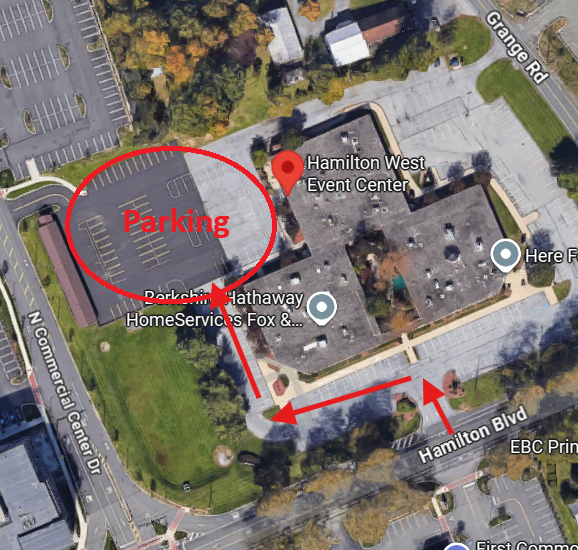As we continue our walk through the book of Judges, we come to two more “minor” judges: Tola and Jair (Judges 10:1-5). We should note that we call them “minor” judges only because they occupy such a small space in the book, not because they were insignificant in their time, similarly to how we call the books of Hosea-Malachi “minor” prophets because their books are shorter than the “major” prophets (Isaiah, Jeremiah, & Ezekiel), but their ministry was no less significant.
The first minor judge in the book is Shamgar and, if you remember, he only got one verse, Judges 3:31:
After him was Shamgar the son of Anath, who killed 600 of the Philistines with an oxgoad, and he also saved Israel.
Tola and Jair share six verses together. But why are they here? What do they contribute to the story of judges? There are several reasons why they may be included – one of which is they bring the number of judges named in the book to an even twelve, roughly corresponding to the twelve tribes of Israel.
But they also serve as bridges between the various major sections of the book. In this case, Tola and Jair bridge the gap between Abimelech and Jephthah. All we know about Tola is that he saved Israel, his lineage (unique in that he is the only judge whose line is traced back more than one generation), his tribe, how long he judged, and where he was buried.
In contrast to the tumultuous times of Abimelech, we get the sense that Tola’s judgeship was a period of relative peace. There is nothing bad said about him, and the fact that he is said to save Israel is very positive – only said of Othniel and Shamgar in Judges.
Jair is a somewhat different picture. The fact that he was from Gilead moves us toward the account of Jephthah – who was from Gilead. In contrast to the ancestors of Tola we are told about the descendants of Jair – he had thirty sons who rode on thirty donkeys to whom he gave thirty cities.
What are we to make of Jair? Coming on the heels of Gideon’s seventy sons by many wives, hearing that Jair has thirty sons is not positive. It indicates that he too multiplied wives. The fact that he gives them donkeys to ride on (the ancient equivalent of a luxury vehicle) and cities to administer also makes one think of royalty – not a good thing coming on the heels of Gideon and Abimelech!
Tola and his sons are not represented as warlike in any way either, which probably explains why Gilead was so unprepared for the attack by the Ammonites leading up to the judgeship of Jephthah.
These two bridge the gap between Abimelech and Jephthah and indicate that all is not well with the leadership in Gilead. This prepares us for the account of Jephthah, a rash and roguish judge, chosen by the people, with a tragic end.
Discover more from Grace Community Church
Subscribe to get the latest posts sent to your email.


One Comment
Randy Rose
Thank you, Pastor Taylor…..I think this form of communication to your growing flock will be a healthy testimony to the vitalness of the Word, and evidence your careful preparation prior to actual preaching, and perhaps be a stimulation to others towards independent study of the Word for their own personal study…..God Bless You and Your Family…..Randy Rose….Matthew 4:4